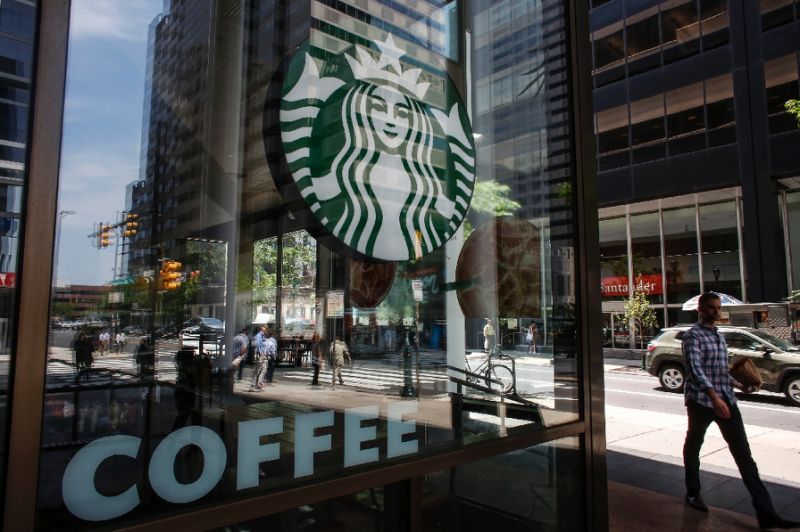Israeli attacks on Gaza has reverberated beyond the realm of geopolitics, affecting major American brands operating in the Middle East. McDonald’s and Starbucks, two renowned icons of American consumer culture, recently disclosed disappointing financial results, attributing part of the downturn to the ongoing hostilities in the region.
McDonald’s reported lower-than-expected fourth-quarter revenues, citing the conflict in the Middle East as a contributing factor. Sales growth in licensed franchise markets also fell short of projections, leading to a nearly 4% drop in McDonald’s shares. Similarly, Starbucks revealed a missed revenue forecast for the same period, citing a decline in both domestic and international sales, partly attributed to the conflict in Gaza and intensified competition in foreign markets.
Read More: Brown University Students on Hunger Strike for Palestine
Both McDonald’s and Starbucks have faced boycott campaigns due to their support for Israeli settlers, especially in majority-Muslim countries and regions with sizable Muslim populations. Campaigners have mobilized on social media platforms, urging consumers to boycott brands aligned with Israeli interests. These actions have impacted sales in regions where sentiments against Israel run high, such as the Middle East and parts of Asia.
McDonald’s drew criticism after its Israel branch provided free meals to Israeli troops during the conflict in Gaza. This move sparked outrage and calls for boycotts, particularly in the Middle East. While McDonald’s has attempted to distance itself from the controversy, the impact on its sales in the region has been significant, with growth targets falling short by a wide margin.
Starbucks, too, found itself embroiled in controversy when its US-based union expressed support for Palestinians during the conflict. The company swiftly moved to distance itself from the union’s statements, but the incident still tarnished its reputation. Combined with boycotts in the Middle East, Starbucks experienced a notable decline in sales, prompting a downward revision of its annual sales forecast.
The impact of the conflict extends beyond just fast-food chains. Coca-Cola, long a target of boycotts in the region due to its historical ties with Israel, has seen sales decline in certain markets. Domino’s Pizza, another American brand, faced allegations of providing free food to Israeli soldiers, leading to a drop in sales, particularly in Asia.














